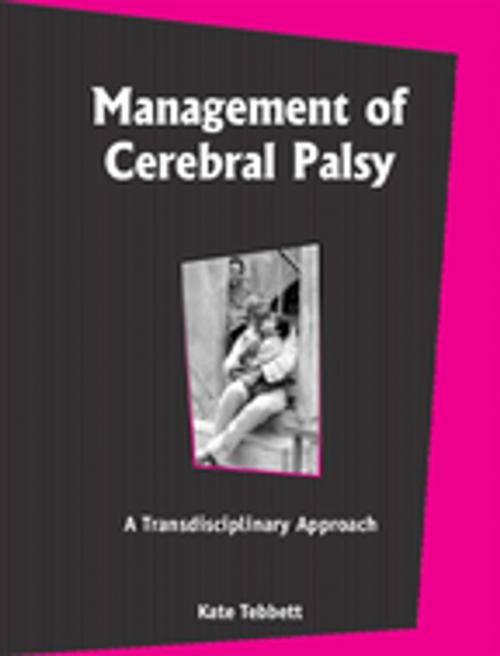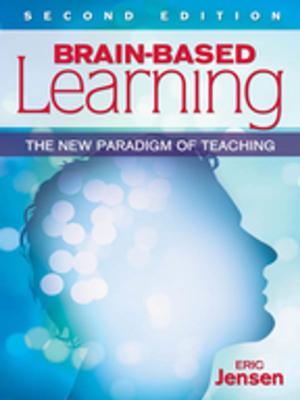Management of Cerebal Palsy
A Transdisciplinary Approach
Nonfiction, Reference & Language, Education & Teaching, Special Education, Learning Disabled| Author: | Kate Tebbett, Poonam Natarajan, Rajul Padmanabhan | ISBN: | 9789352802968 |
| Publisher: | SAGE Publications | Publication: | April 5, 2006 |
| Imprint: | Sage Publications Pvt. Ltd | Language: | English |
| Author: | Kate Tebbett, Poonam Natarajan, Rajul Padmanabhan |
| ISBN: | 9789352802968 |
| Publisher: | SAGE Publications |
| Publication: | April 5, 2006 |
| Imprint: | Sage Publications Pvt. Ltd |
| Language: | English |
Children with a debilitating condition like cerebral palsy receive treatment from a variety of specialised therapists at once. This book documents and builds on the experiences of a team of special educators in south India, who have been experimenting with a new strategy for working with children with disabilities. In this approach, rehabilitation workers are trained in physiotherapy, occupational therapy, and speech and language therapy, thereby preparing them to serve as `Trandisciplinary’ workers. These workers are thus equipped to offer each child a holistic treatment programme and more relevant integrated care for a range of disabilities.
Termed the Trandisciplinary (TD) approach, this method is even more pertinent to India and other developing countries where the numbers are large and the resources few, thereby making this method effective and accessible to many more. While sharing the learning from this experiment, the author:
- describes how the model of the Transdisciplinary approach was conceptualised and implemented—including the development of an innovative `TD course`;
- illustrates, with case studies, how the TD approach is based on a lifespan perspective and allows the family to function as naturally as possible, while still successfully addressing the needs of a child with a disability;
- argues that the TD approach, with its continuous give-and-take among stakeholders, makes the disabled person a partner in the treatment plan and is an improvement over the existing model that focuses primarily on medical services; and
- puts into perspective the role of the professional rehabilitation worker in the context of the understanding of disability today.
Children with a debilitating condition like cerebral palsy receive treatment from a variety of specialised therapists at once. This book documents and builds on the experiences of a team of special educators in south India, who have been experimenting with a new strategy for working with children with disabilities. In this approach, rehabilitation workers are trained in physiotherapy, occupational therapy, and speech and language therapy, thereby preparing them to serve as `Trandisciplinary’ workers. These workers are thus equipped to offer each child a holistic treatment programme and more relevant integrated care for a range of disabilities.
Termed the Trandisciplinary (TD) approach, this method is even more pertinent to India and other developing countries where the numbers are large and the resources few, thereby making this method effective and accessible to many more. While sharing the learning from this experiment, the author:
- describes how the model of the Transdisciplinary approach was conceptualised and implemented—including the development of an innovative `TD course`;
- illustrates, with case studies, how the TD approach is based on a lifespan perspective and allows the family to function as naturally as possible, while still successfully addressing the needs of a child with a disability;
- argues that the TD approach, with its continuous give-and-take among stakeholders, makes the disabled person a partner in the treatment plan and is an improvement over the existing model that focuses primarily on medical services; and
- puts into perspective the role of the professional rehabilitation worker in the context of the understanding of disability today.















